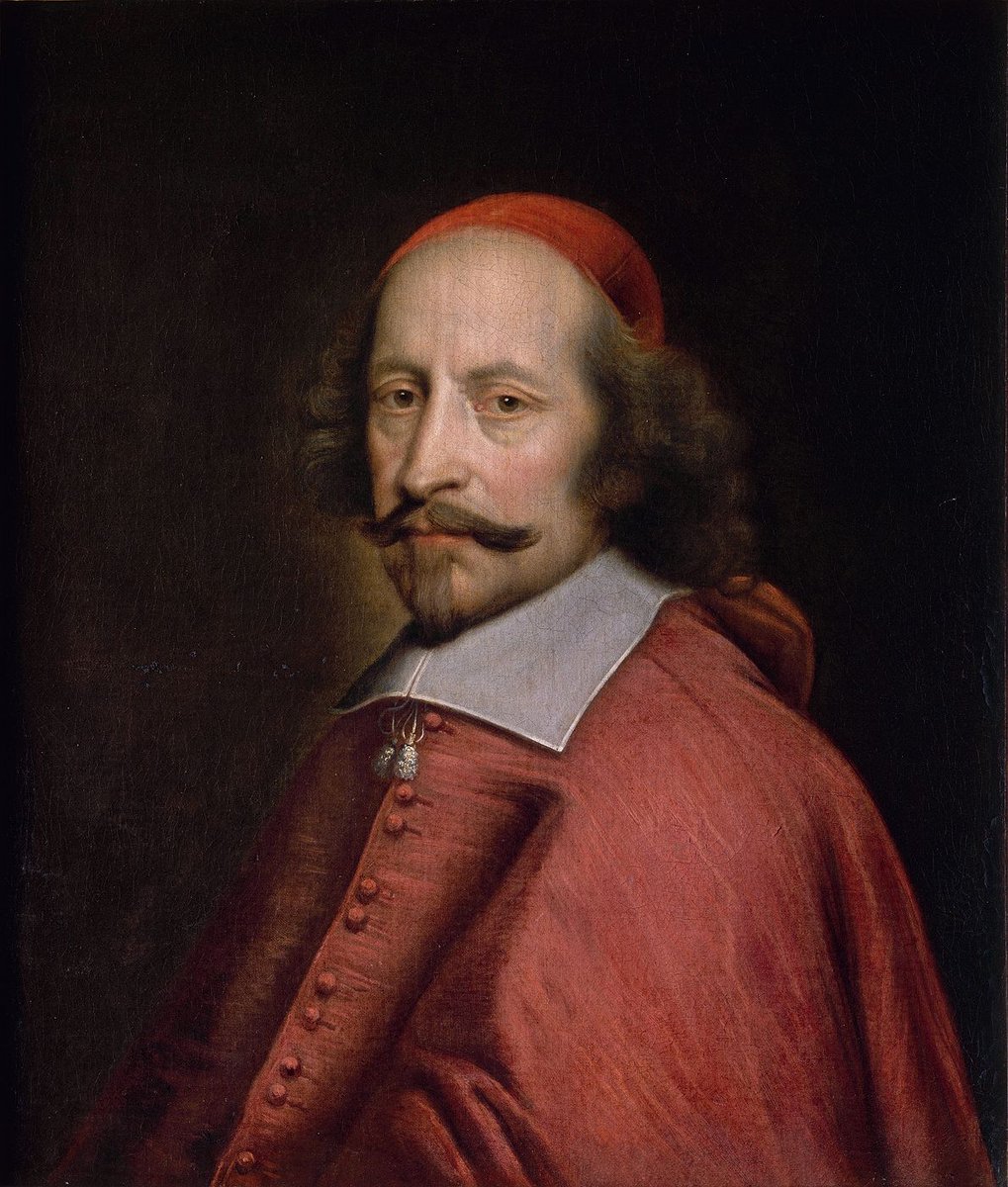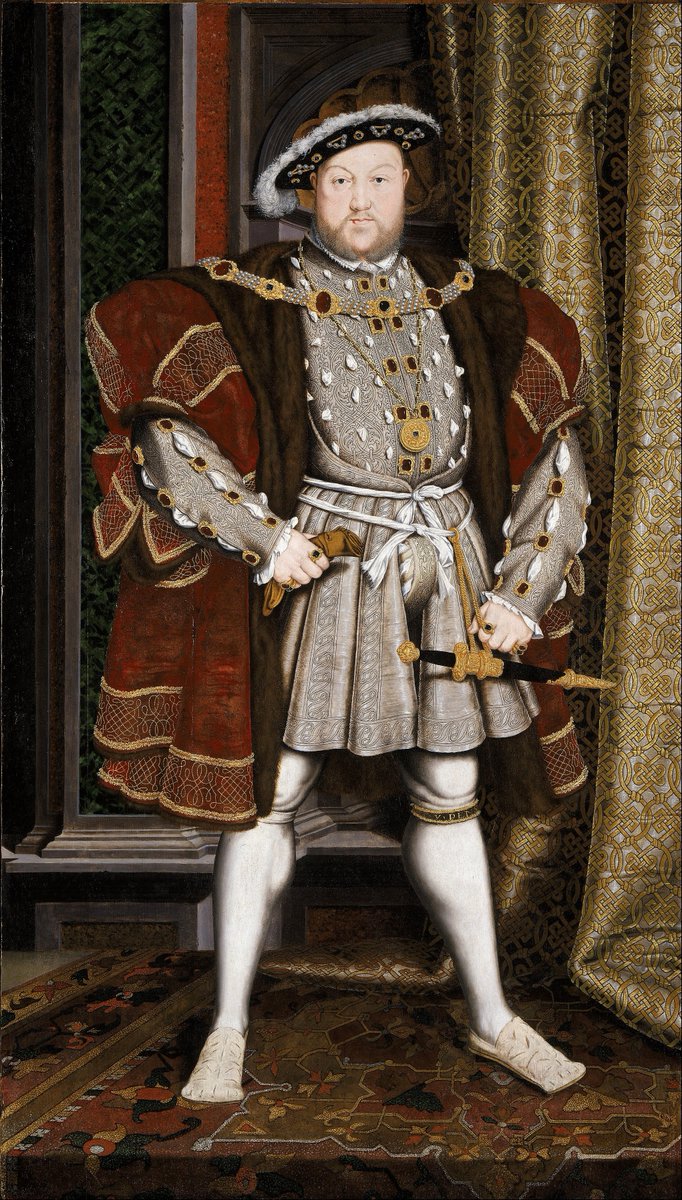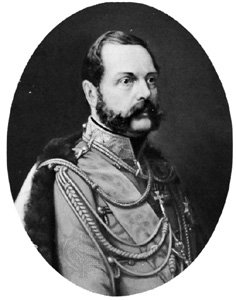
Ending is an inevitability, be it for a star, or a planet, or a life, or even a nation. (Unless of course if you are one of the Endless). Sometimes it can be postponed, but at a greater cost. This is the story of beginning of one such end.
In the evening ...
In the evening ...
https://twitter.com/Arby_K/status/1367663831674093568
Alaric was born around 370 AD, outside the northern border of the Roman Empire perhaps near the basin of Danube. He would have been a child when he came to the Empire along with the refugee / invading contingent of Germanic tribes that beat the Romans at Adrianople in 378. 1/10 

The newly proclaimed Emperor of the East, Theodosius, made peace with the invaders, settling them in the Balkans. In exchange they were made foedus, which meant they will have come to aid of the Roman forces in case of war. 2/10 

Alaric came from a noble family. By the end of the 4th century, there were many Germanic warriors in the Roman army. One of the generals that led the defence of the East against Alaric and his compatriots in 378 was of Germanic origin, Frankish general Flavius Richomeres. 3/10 

As foederati, Alaric and the Goths were trained as Roman soldiers, but he would lead a minor revolt that was brought down by Stilico, another general of Germanic extract; from the Vandal tribe. In 394, his band of Goths would be called upon to defend the Empire. 4/10 

Valentinian II, the Emperor in the West, had died (and possibly killed) in 392 and Arbogast, a Frankish general and nephew of Richomeres, made a teacher named Eugenius Emperor, since Arbogast, being non Roman, was ineligible. In 394, Theodosius and Eugenius met in battle. 5/10 

Alaric and the Goths assisted Theodosius and Stilico in battle and came out victorious, but at great cost of life. The impact was multiple. The Western Empire was weakened, while both sides became heavily dependant on foederati. The façade of Roman invincibility was broken. 6/10 
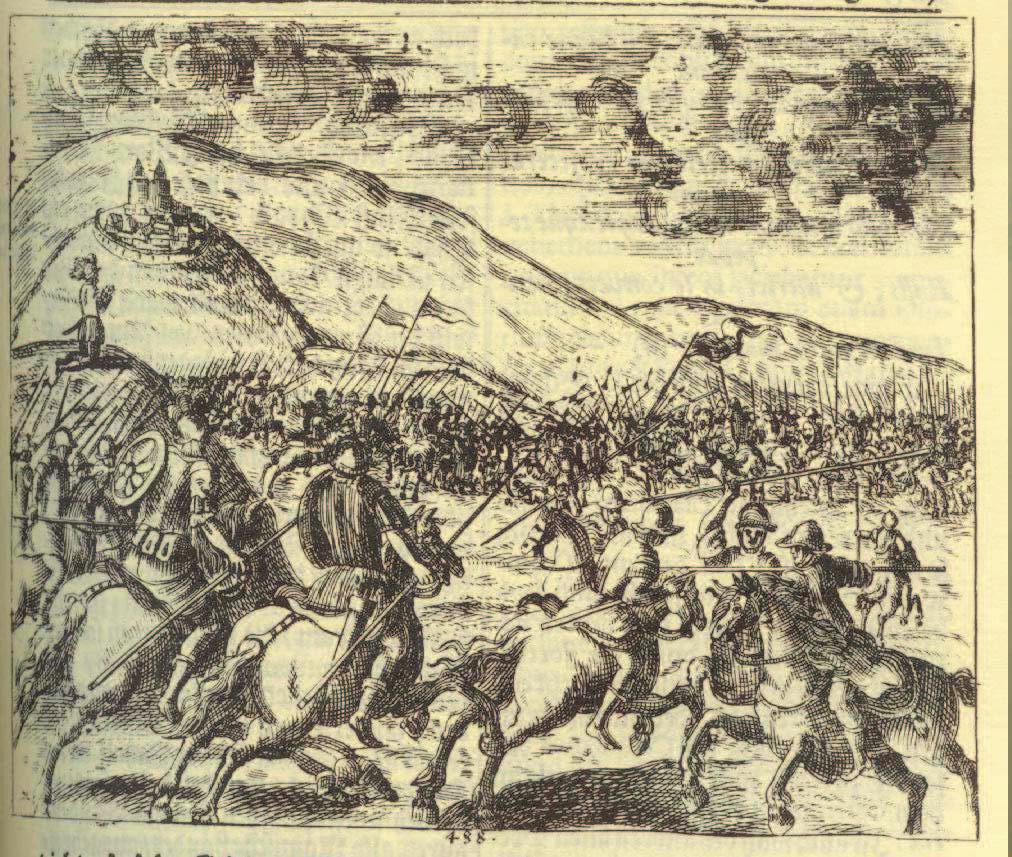
Theodosius died the next year leaving two child Emperors on the throne, Arcadius (18) in the East and Honorius (11) in the West. Alaric pressed for advantage launching a rebellion, and Arcadius would eventually sue for peace and appoint him magister militum per Illyricum. 7/10 
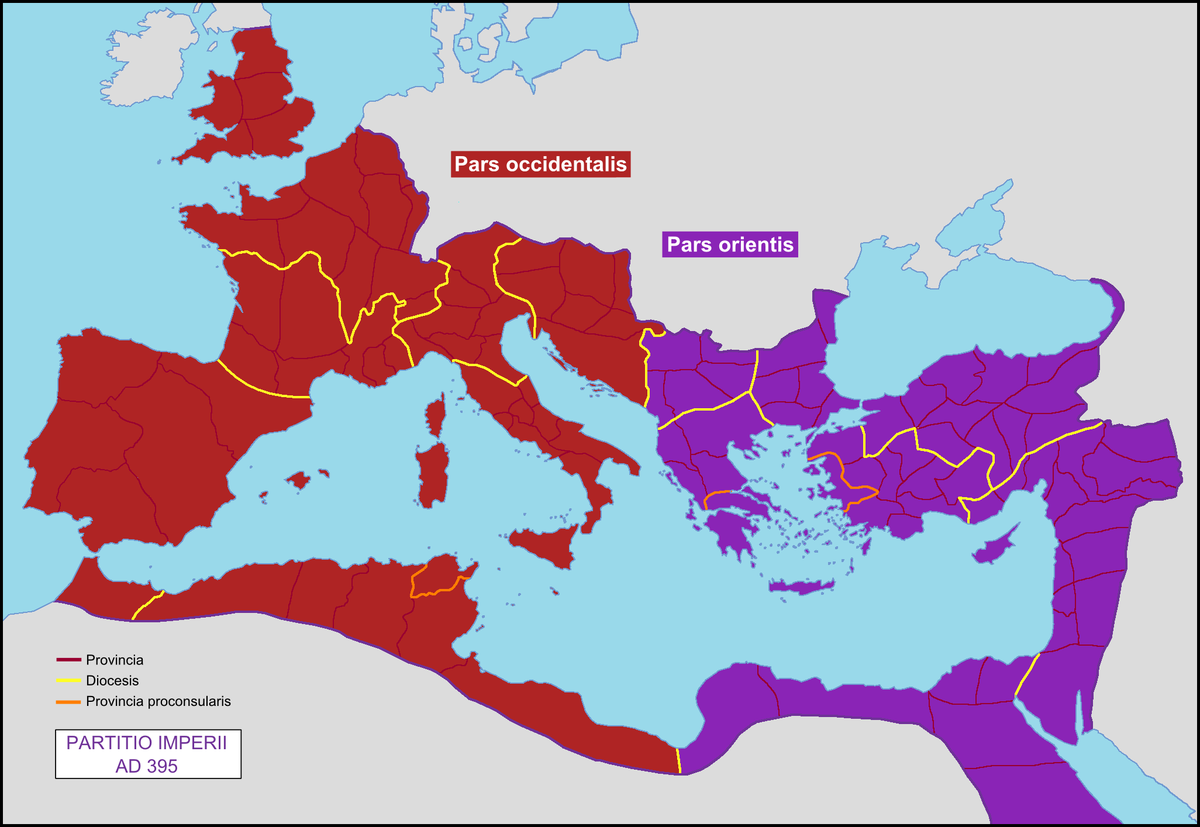
After that, Alaric would set his eyes on the West, with the younger Emperor Honorius and his old foe/ally, Stilico. His invasion of Italy in 401 would be stopped by Stilico forcing Alaric to retreat, but Stilico would have his hands full with rebels and usurpers. 8/10 
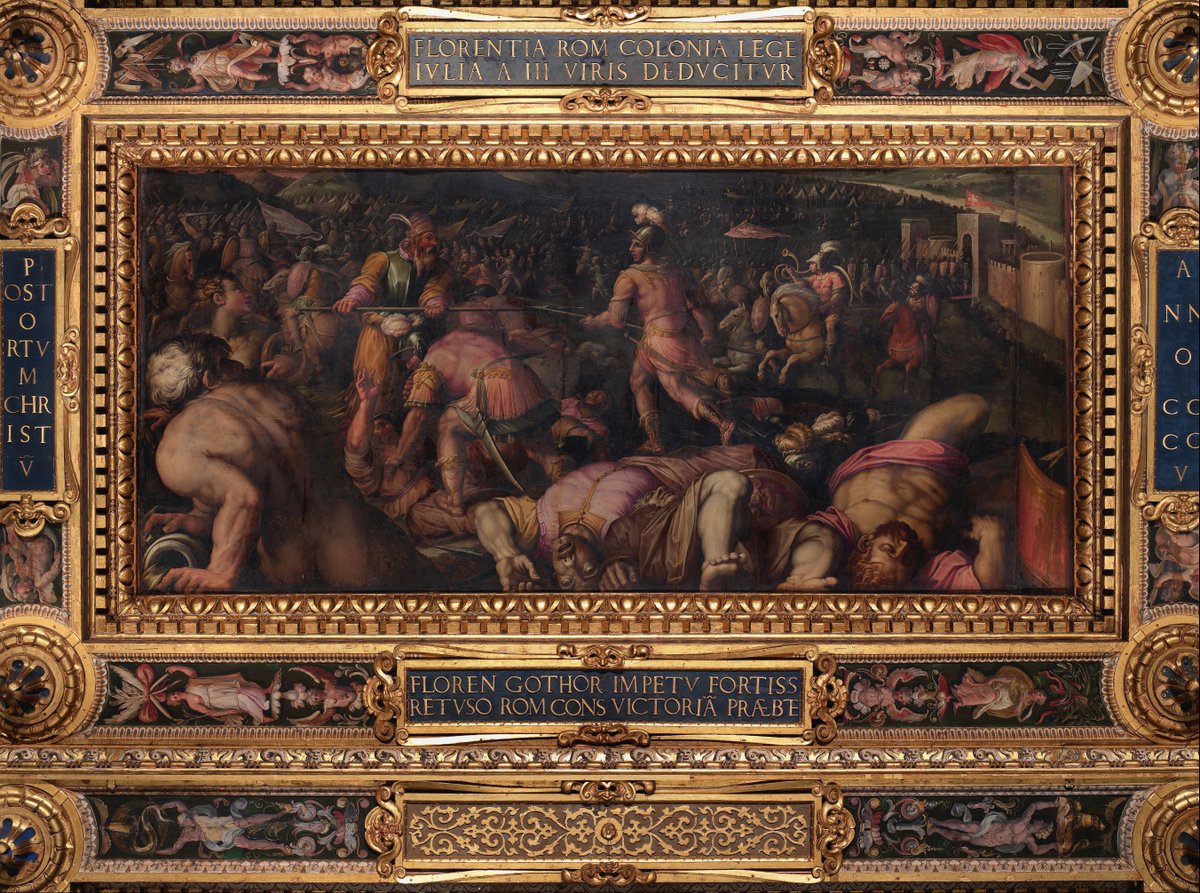
As Stilico found himself stretched, a host of Vandals, Alans and the Suevi led by Godegisl crossed the Rhine in 406, plundering Gaul and threatening Iberia. Honorius, seeing Stilico as a threat to his throne, had him executed in 408. 9/10 

Frustrated by failed promises of tribute, Alaric finally besieged Rome in 410, installing his own puppet Emperor. As Honorius was safe in his capital in Ravenna, the Goths sacked Rome. Alaric would die the same year, but the long collapse of the Western Empire had begun. 10/10 

• • •
Missing some Tweet in this thread? You can try to
force a refresh


